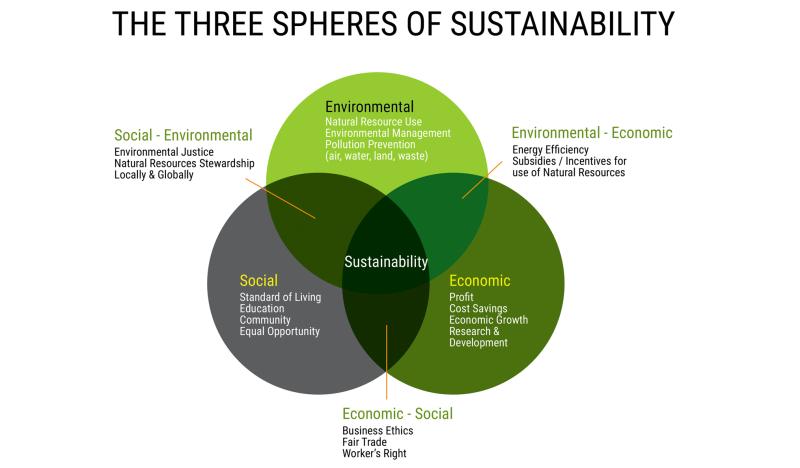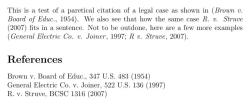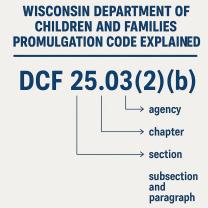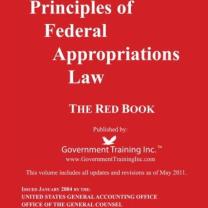How do I transfer property to a minor in Wyoming?
Transferring property to a minor in Wyoming typically involves establishing a custodial account under the Uniform Transfers to Minors Act (UTMA). Here are the general guidelines and steps you may follow:
Choose the Property:
- Decide which property you want to transfer to the minor. It could be money, securities, real estate, or other assets.
Identify the Custodian:
- You will need to appoint a custodian who will manage the property on behalf of the minor until they reach the age of majority. The custodian can be an individual or a financial institution.
Understand UTMA:
- Wyoming, like many other states, has adopted the Uniform Transfers to Minors Act (UTMA). Familiarize yourself with the provisions of UTMA, as it provides the legal framework for transferring assets to minors.
Create a Custodial Account:
- Establish a custodial account for the minor at a financial institution. This account will hold the transferred property until the minor reaches the age of majority.
Title the Property:
- Ensure that the property is titled properly in the name of the custodian as a custodial account for the benefit of the minor. This is often done by using language such as "[Custodian's Name] as custodian for [Minor's Name] under the Wyoming Uniform Transfers to Minors Act."
Complete Documentation:
- Work with the financial institution to complete any necessary documentation for the custodial account. This may include providing information about the custodian, the minor, and details of the property being transferred.
Age of Majority:
- Keep in mind that the minor will gain control of the property when they reach the age of majority, which is typically 18 or 21, depending on state law.
Comply with Reporting Requirements:
- There may be reporting requirements associated with custodial accounts. Ensure that you comply with any necessary filings or reporting to the appropriate authorities.
It's crucial to consult with legal and financial professionals to ensure compliance with Wyoming state laws and to receive personalized advice based on your specific situation. Laws can change, so it's advisable to seek up-to-date information.
Steps and considerations for transferring property to a minor in Wyoming
Transferring property to a minor in Wyoming requires careful planning and attention to legal considerations. Here are the essential steps and factors to keep in mind:
Steps:
Choose a Transfer Method: Several options exist for transferring property to a minor in Wyoming, each with its advantages and disadvantages. Here are some common methods:
- Uniform Transfers to Minors Act (UTMA): This popular option establishes a custodial account managed by an adult custodian until the minor reaches a specific age (typically 18 or 21). It's relatively simple and avoids probate, but control over the assets remains with the custodian.
- Totten Trust: This revocable trust automatically transfers ownership to the minor upon the grantor's death. It offers some flexibility, but it's not suitable for complex assets or long-term management.
- Living Trust: A more complex option, a living trust can hold various assets and designate specific instructions for their management and distribution to the minor at certain ages or under certain conditions.
- Direct Ownership with Legal Guardian: In special circumstances, you can transfer ownership directly to the minor, but a court-appointed legal guardian would manage the property until the minor reaches adulthood. This option offers less control and security.
Select a Custodian or Trustee: If you choose a UTMA or trust, selecting a responsible and trustworthy custodian or trustee is crucial. Consider their financial competence, understanding of investment principles, and willingness to act in the minor's best interests.
Complete Necessary Documents: The specific documents required will vary depending on the chosen method, but typically involve transfer deeds, trust agreements, custodial account forms, and legal declarations. Consult with an attorney to ensure proper completion and legal compliance.
Record or File Documents: Depending on the property type (real estate, stocks, etc.), certain documents may need to be recorded with the county clerk or filed with the appropriate financial institution.
Maintain Records and Communicate with Beneficiary: As custodian or trustee, keep detailed records of property management and investment decisions. As the minor matures, engage them in discussions about the property and their future responsibilities.
Considerations:
- Age of the Minor: Younger children may not have the capacity to understand the implications of owning property. Consider the appropriate age for them to assume some control or receive the assets outright.
- Tax Implications: Depending on the property type and transfer method, tax consequences might arise. Consult with a financial advisor or tax professional for potential tax burdens.
- Management and Investment Decisions: Decide on the level of control you want the custodian or trustee to have over managing and investing the property. Consider the minor's age, goals, and risk tolerance.
- Estate Planning: Integrate the property transfer into your overall estate plan to ensure seamless future inheritance and minimize potential legal disputes.
Seeking Professional Guidance: Consulting with an attorney specializing in estate planning and property transfers in Wyoming is highly recommended. They can guide you through the legal maze, ensure compliance with state regulations, and tailor the best approach for your specific situation and the minor's future well-being.
Remember, transferring property to a minor is a significant decision with lasting consequences. By carefully considering the steps, options, and implications, you can ensure a smooth and beneficial transfer that supports the minor's long-term financial stability and future aspirations.













